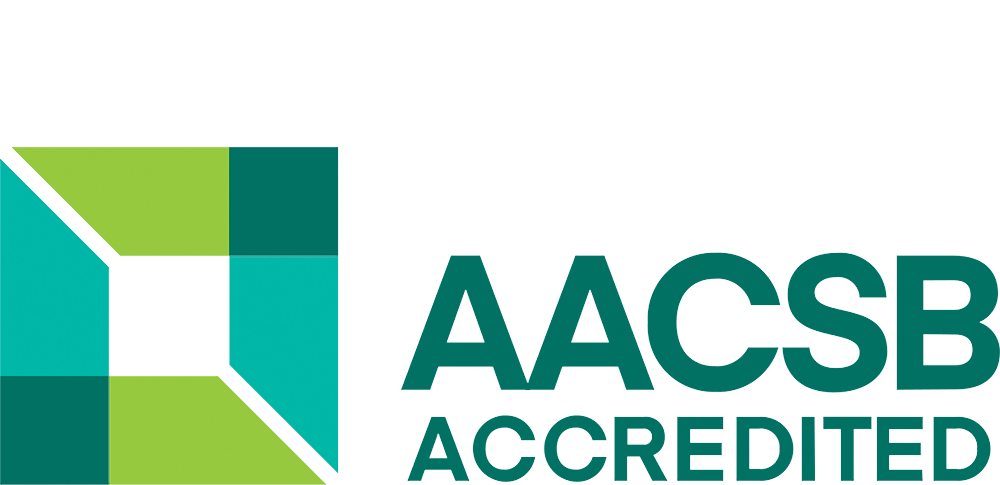
16 Nov 2022
The property manager's job description
Are you interested in property management? The property manager carries out various tasks in the area of rental of premises, but also their management.
Read the article


30 Apr 2024

You are fulfilled in your work and feel that your efforts deserve greater financial recognition. Asking for a pay rise is a decisive step in your career, but it requires thought and strategy. IPAG Business School, experts in management and negotiation, recommend a four-step approach to maximise your chances of success.
It all starts with the right timing. A request made at the wrong time can considerably reduce your chances. Prefer meetings at the time of the annual interview, after a rise in responsibilities or following a concrete success. It's also worth noting that times when your manager is available and receptive are often more favourable. The aim is to bring the discussion forward at a time when your contribution is still fresh in everyone's minds.
Thorough preparation is the key to a successful interview. Start by listing your responsibilities, projects and results. Highlight what you have contributed to the company, both quantitatively (increased sales, productivity gains, etc.) and qualitatively (improved customer satisfaction, energised team). It's also essential to keep an eye on salaries: study equivalent offers on the market and propose a range adjusted to your position. Anticipating possible objections - limited budget, performance to be confirmed, etc. - will help you prepare structured responses.
On the day of the interview, adopt a confident and professional stance. Build your sales pitch around concrete, verifiable results. Give figures for your achievements and highlight your unique skills. If the market in your sector is tight, show that the company has every interest in retaining your talents. Rather than formulating a demand, express a reasonable request, tailored to your research and the company's context.
Several reactions are possible. If you are accepted, indicate that you will remain fully committed and show that you are prepared to do more. If you refuse, remain calm and ask for clarification: is it a question of budget or performance? Adopt a constructive stance and propose a plan for progress. In the event of a counter-offer, demonstrate your openness to negotiation by also considering additional benefits: bonuses, teleworking, flexible working hours, training, etc.
Whatever the conclusions, ask to formalise the points discussed. Together, define objectives or a timetable for possible recourse. This will show that you are serious, while giving the company structured visibility. A well-run meeting is always beneficial, as long as you set deadlines, even in the event of a refusal, so that you can revisit the issue at a later date.
First of all, align your application with the key moments in your activity or company. Next, prepare a solid file based on reliable data. Then argue your case clearly, professionally and respectfully. Finally, adopt a constructive attitude whatever the answers. By adopting this approach, you not only enhance the value of your work, but also your position as a responsible and committed employee.
Asking for a raise is also a strategic act: recognising your value, enhancing your skills and building your professional future. With clarity, method and confidence, you can transform this delicate moment into a real opportunity for progress.
Would you like me to write a model email or speech for your request, or a complete guide inspired by IPAG's methods?

16 Nov 2022
Are you interested in property management? The property manager carries out various tasks in the area of rental of premises, but also their management.
Read the article

02 Sep 2025
Are you nearing the end of your bachelor's degree in tourism and wondering what to do next? Congratulations on this first achievement!
Read the article

15 May 2023
France is well-known as one of the most beautiful countries in the world, with stunning locales and a vibrant culture. With that in mind though, you may ask the question, why study business in France? Find out below.
Read the article
Application
Contact